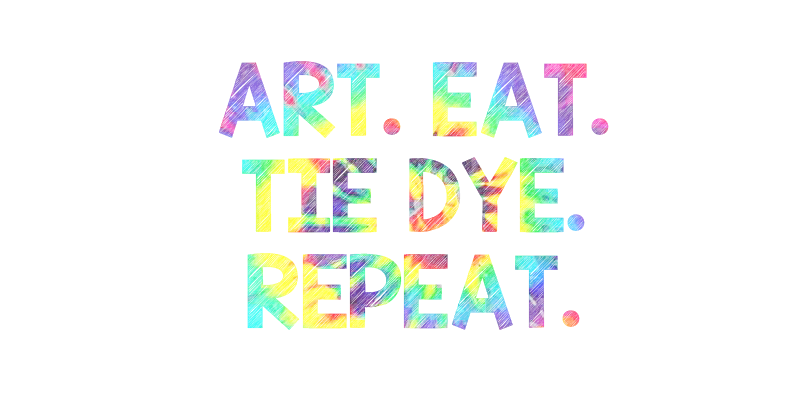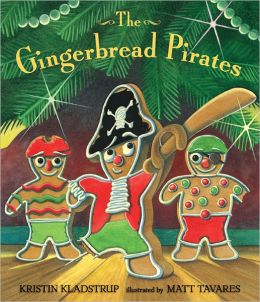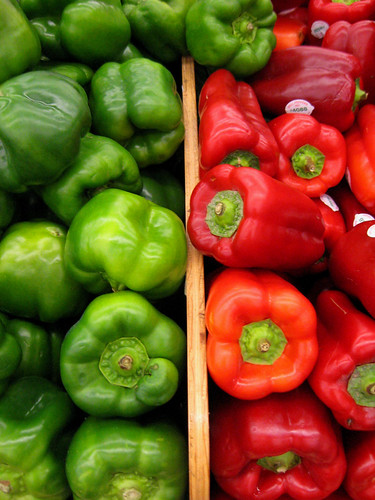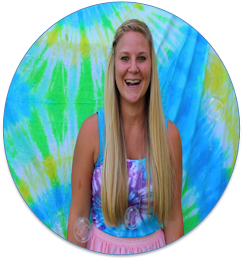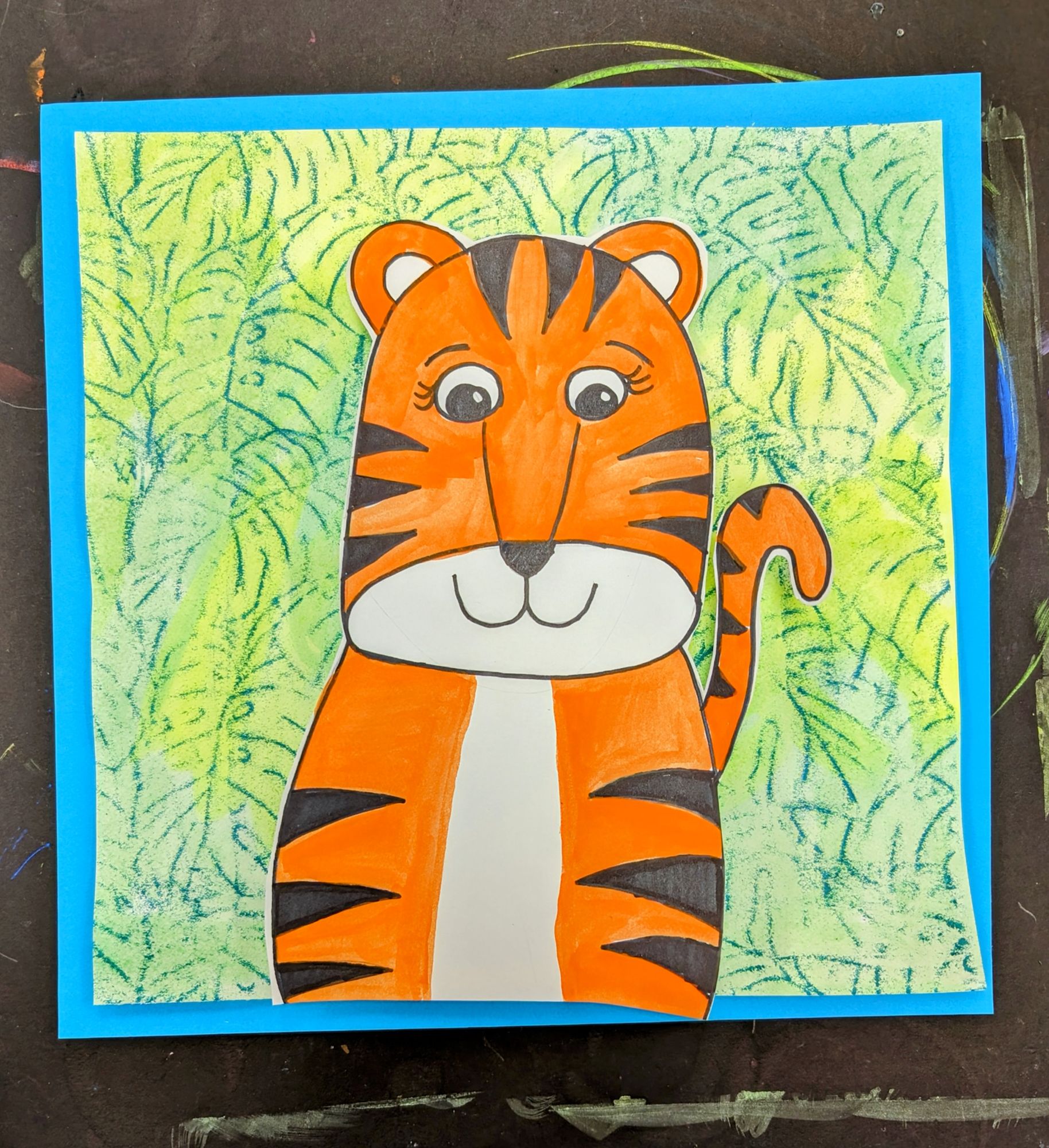This lesson came with the help from a fellow art teacher. This lesson was intended for students to use their critical thinking skills by interrogating across the curriculum. 3rd graders read the poem "Bleezer's Ice Cream" by Jack Prelutsky, if you're not familiar with it, it's too good not to post.
I am Ebenezer Bleezer,
I run BLEEZER'S ICE CREAM STORE,
there are flavors in my freezer
you have never seen before,
twenty-eight divine creations
too delicious to resist,
why not do yourself a favor,
try the flavors on my list:
COCOA MOCHA MACARONI
TAPIOCA SMOKED BALONEY
CHECKERBERRY CHEDDAR CHEW
CHICKEN CHERRY HONEYDEW
TUTTI-FRUTTI STEWED TOMATO
TUNA TACO BAKED POTATO
LOBSTER LITCHI LIMA BEAN
MOZZARELLA MANGOSTEEN
ALMOND HAM MERINGUE SALAMI
YAM ANCHOVY PRUNE PASTRAMI
SASSAFRAS SOUVLAKI HASH
SUKIYAKI SUCCOTASH
BUTTER BRICKLE PEPPER PICKLE
POMEGRANATE PUMPERNICKEL
PEACH PIMENTO PIZZA PLUM
PEANUT PUMPKIN BUBBLEGUM
BROCCOLI BANANA BLUSTER
CHOCOLATE CHOP SUEY CLUSTER
AVOCADO BRUSSELS SPROUT
PERIWINKLE SAUERKRAUT
COTTON CANDY CARROT CUSTARD
CAULIFLOWER COLA MUSTARD
ONION DUMPLING DOUBLE DIP
TURNIP TRUFFLE TRIPLE FLIP
GARLIC GUMBO GRAVY GUAVA
LENTIL LEMON LIVER LAVA
ORANGE OLIVE BAGEL BEET
WATERMELON WAFFLE WHEAT
I am Ebenezer Bleezer,
I run BLEEZER'S ICE CREAM STORE,
taste a flavor from my freezer,
you will surely ask for more.
3rd Graders loved this poem, of course you had to leave some room for the "EWWWW's" and the "AHHHH's." After reading the poem students talked about some of the poetic elements of rhyming and alliteration. Students were then asked to brainstorm five flavors of ice cream combining foods that do not go together and adding some sort of ending like twist, swirl, dip, blast, etc. We then drew a five scooped ice cream cone together writing the flavors next to the scoop. Students were then instructed to add detail to their scoops making them look like the flavor they created. To finish them off we used colored pencil and if students had extra space they were to create a sign for their ice cream shop.
Here is my example:
Student Examples:
